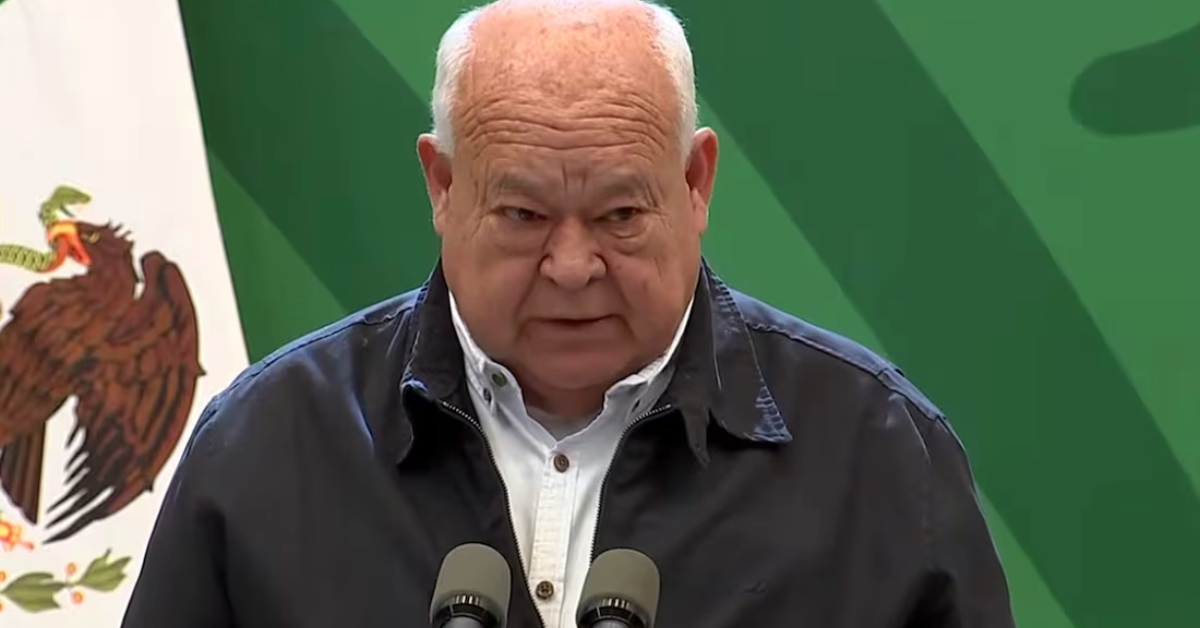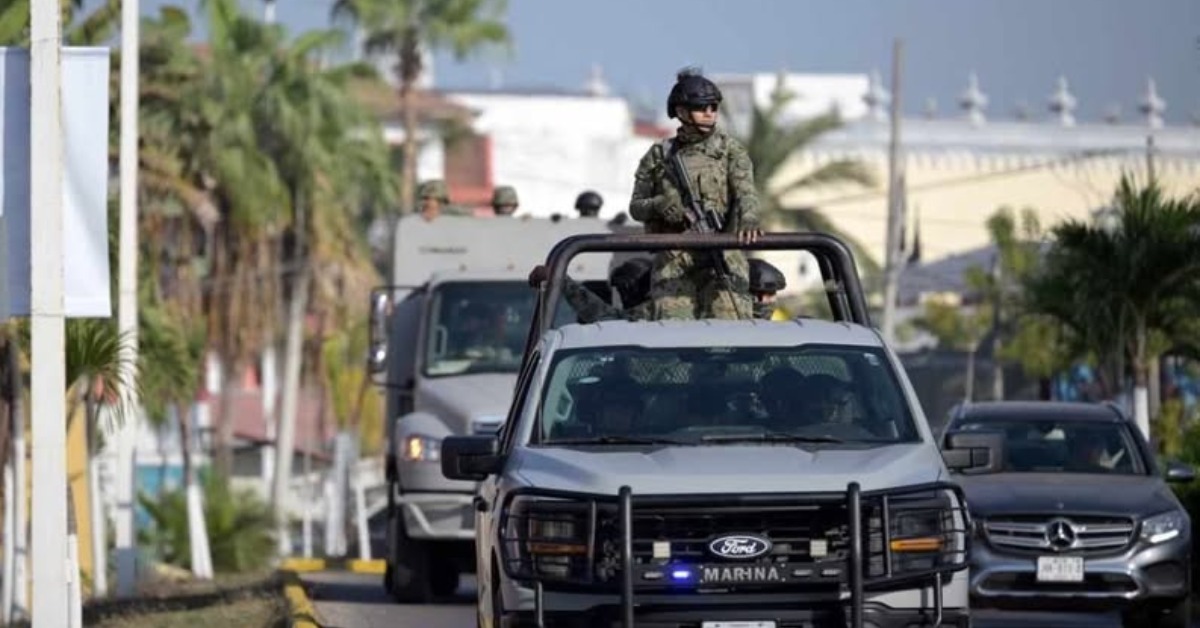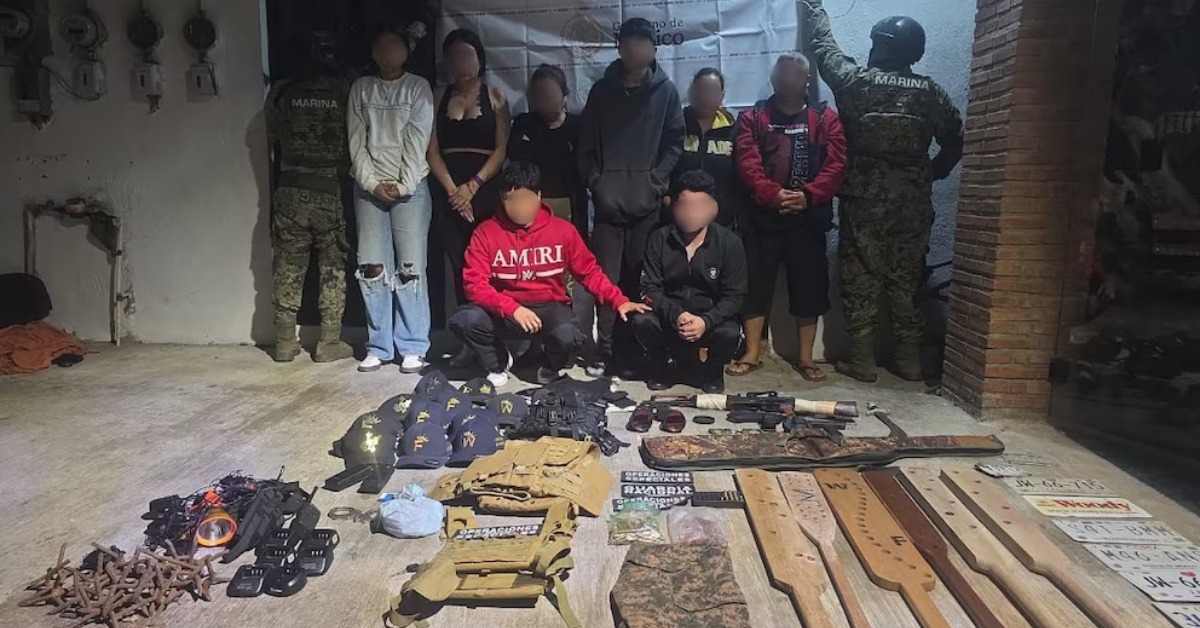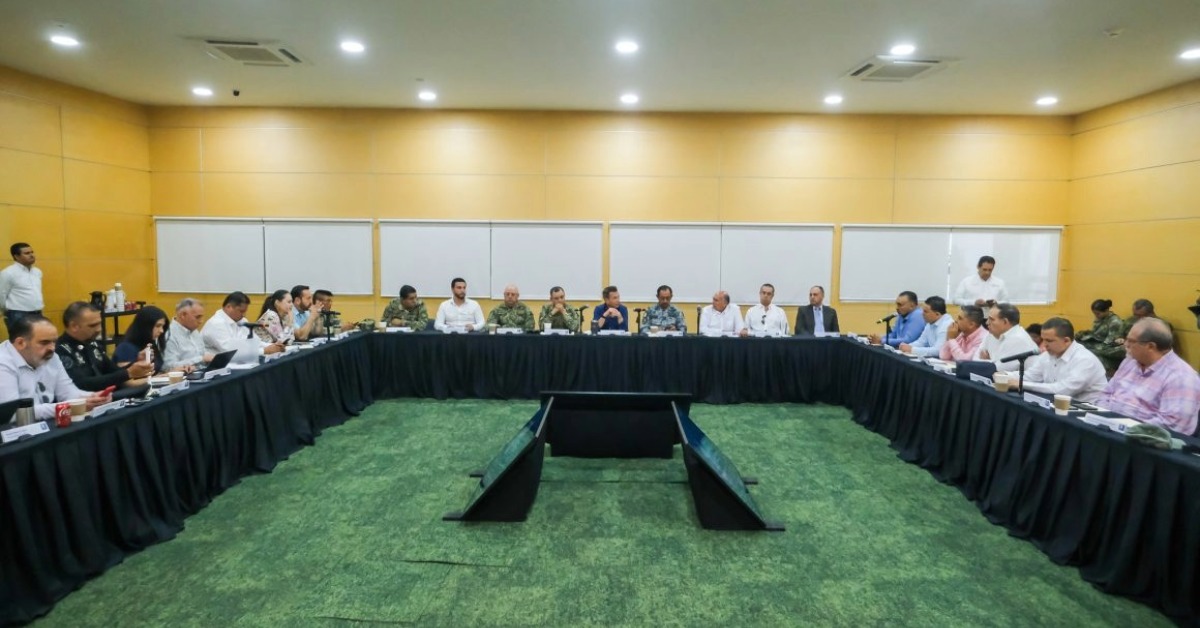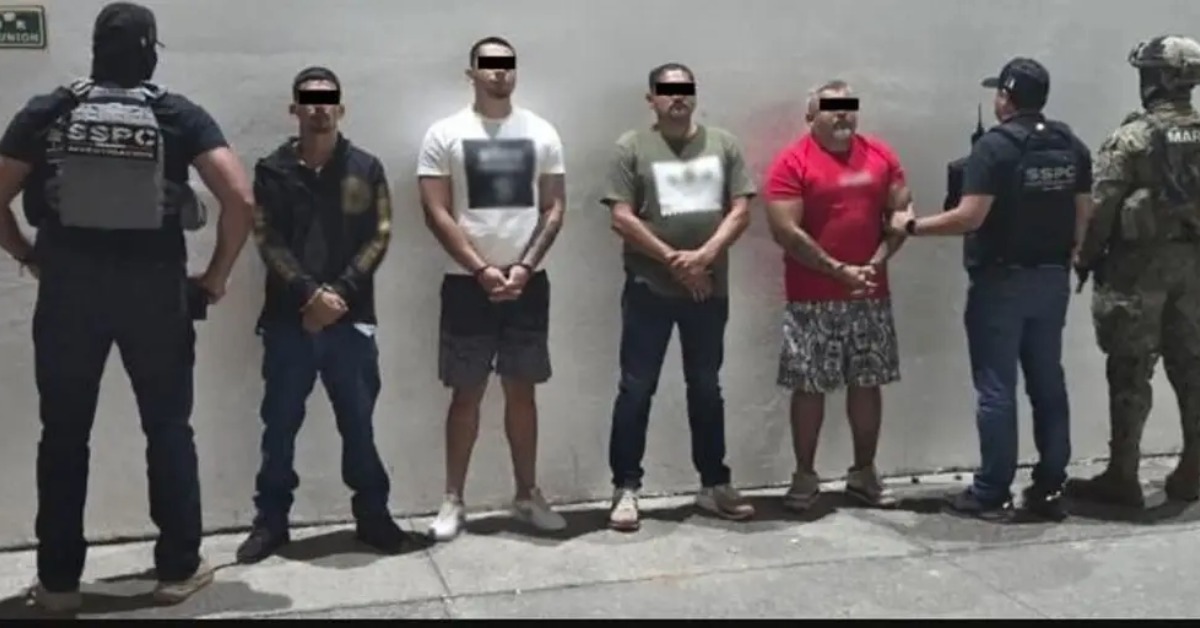Governor Víctor Castro Cosío confirms ongoing violence in Baja California Sur tied to criminal group realignments. Investigations are underway into police links to organized crime.
Baja California Sur Governor Víctor Castro Cosío has acknowledged that the state is grappling with a wave of violence that has persisted for over two months, marking the most intense surge in criminal activity since 2018. Despite recent arrests and seizures, including the dismantling of drug operations, the violence has not subsided, and confrontations between rival groups continue.
In his first public . . .


